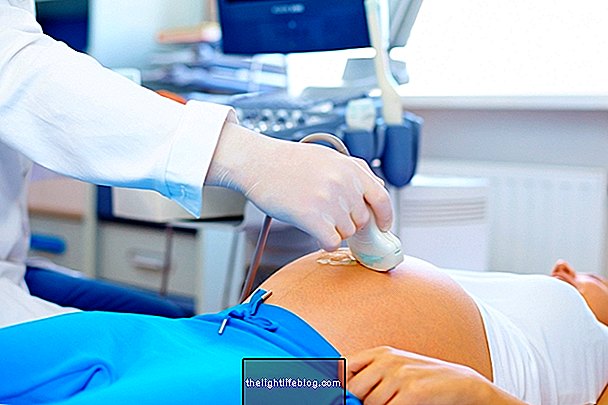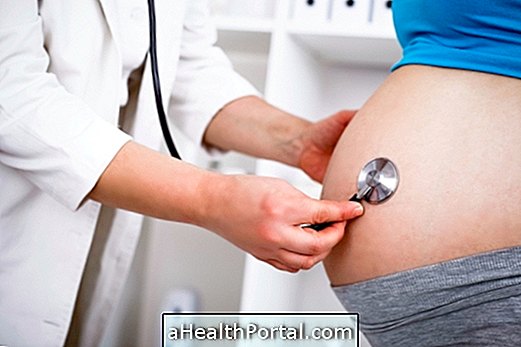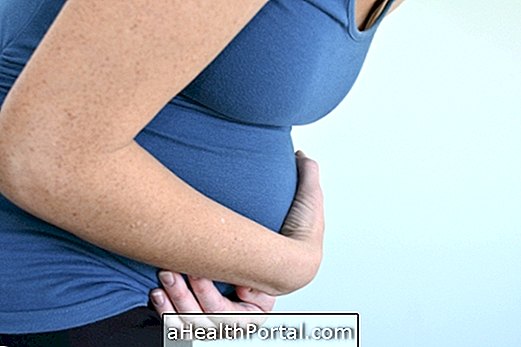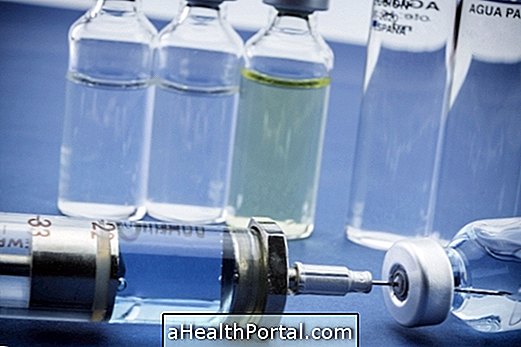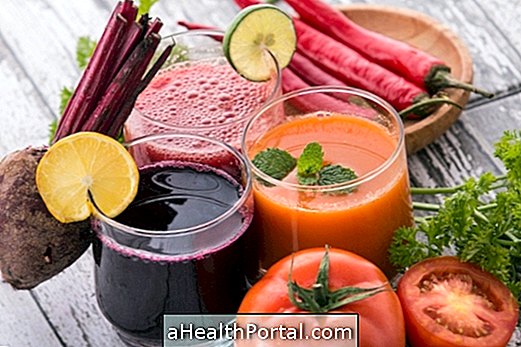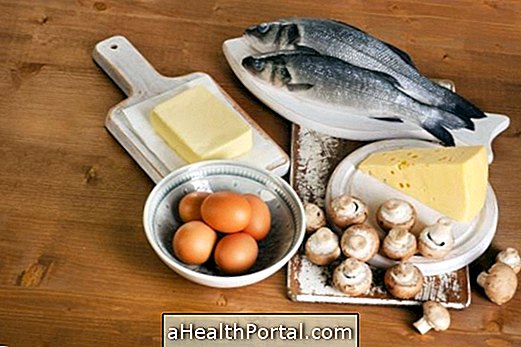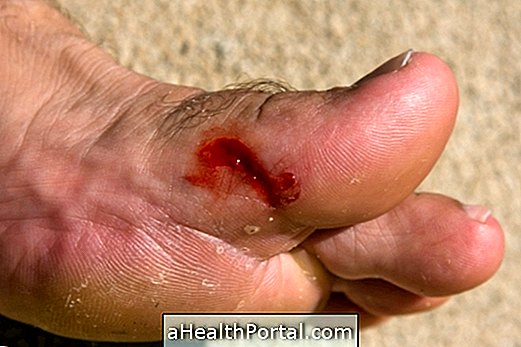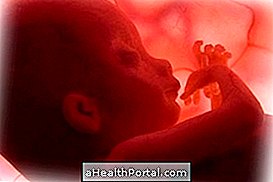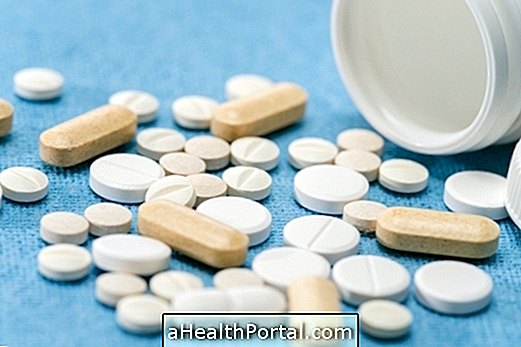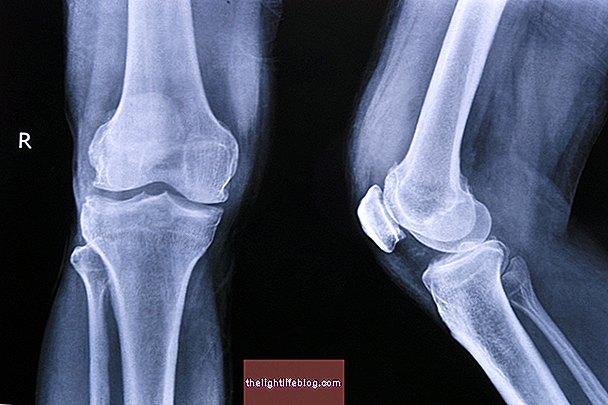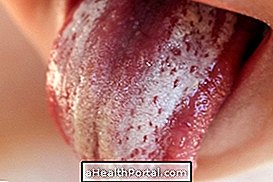Feeding in pregnancy should be rich in iron to prevent anemia and folic acid to ensure a good formation of the baby's nervous system, but above all should be rich in fruits and vegetables of organic origin preferably avoiding too greasy foods like fried preparations or too much food sweet and industrialized.
However, if the pregnant woman has diabetes, overweight, low weight, hypertension or other health problem is necessary medical and nutritional monitoring to adapt the diet during pregnancy.
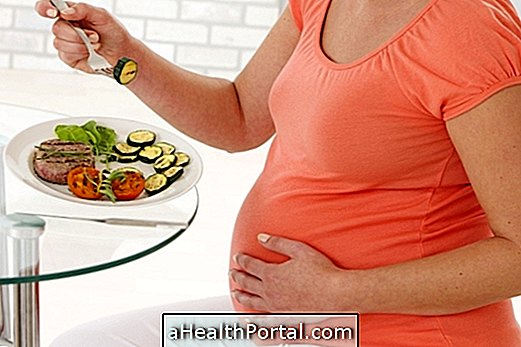
What to Eat in Pregnancy
Feeding in pregnancy has to be rich in whole grains, vegetables, fruits, milk and dairy products, legumes, fish and lean meat, such as turkey and chicken, giving preference to low-fat cooking preparations such as boiled and grilled.
Feeding during pregnancy should include eating fish at least twice a week, but avoiding fish that may have higher amounts of mercury, such as tuna, fish, and swordfish, because mercury passes through the placenta and may impair the baby's neurodevelopment .
What to avoid eating in pregnancy
Some forbidden foods in pregnancy are:
- Alcoholic beverages - consumption of alcoholic beverages during pregnancy is associated with delayed growth and development of the baby;
- Artificial sweeteners often found in diet or light products - some sweeteners are not safe, so it is best to eliminate the sweeteners from eating during pregnancy.
Coffee and stimulant drinks, such as coke, black or green tea, should be avoided as they may increase the risk of miscarriage, and it is recommended not to exceed one cup of coffee per day with medical knowledge.
Feeding the pregnant woman, who is not immune to toxoplasmosis, should not include raw fish and undercooked meat. It is important to drink filtered or boiled water and thoroughly wash all foods eaten raw, such as fruits and vegetables, and when it is possible to remove the peel.


Healthy menu in pregnancy
This healthy menu in pregnancy is just a generic example of feeding for the pregnant woman who does not present health problems.
- Breakfast - orange juice, oatmeal, 1 whole-grain toast, 2 teaspoons of peanut butter, a coffee or tea
- Collation - 1 fruit, whole grains, skimmed or semi-skimmed milk
- Lunch - a turkey sande with rye bread and vegetables to taste, like lettuce and tomato, green salad with 2 teaspoons of olive oil to season, 1 fruit.
- Snack - skimmed or semi-skimmed milk, wholemeal biscuits.
- Dinner - chicken breast with low fat baked potatoes, half a cup of carrots and green peas salad with two tablespoons of olive oil to season, for dessert 1 fruit
- Evening snack - 1 skim yogurt and 1 fruit.
The water intake in a healthy pregnancy is about 9 glasses of water per day.
According to the Ministry of Health the feeding in pregnancy should be enough for a weight gain between 8 to 11 kg throughout the gestation.
See too:
- What to Eat to Maintain Weight During Pregnancy
- What the pregnant woman should eat so that she does not get fat
- 5 good reasons to exercise in pregnancy
